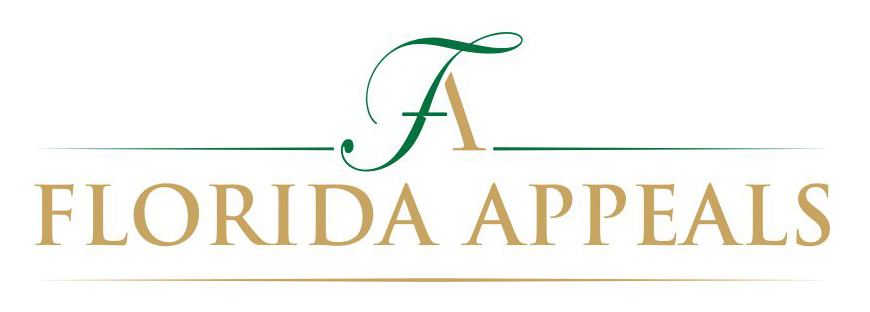Design Neuroscience Centers, P.L., v. Preston J. Fields, P.A.
This opinion from the Third District Court of Appeal highlights the importance of writing a comprehensive summary judgment motion and filing it as prescribed by the rules.
Fields sued Design for breaching its lease. Fields moved for summary judgment, and Design responded. The hearing on summary judgment was scheduled for Monday. Fields filed his reply on the preceding Friday. In it he included arguments against Design’s affirmative defenses and counterclaim, which were not part of his motion for summary judgment. Design moved to strike the reply because it was filed less than 20 days before the summary-judgment hearing. The trial court held the hearing, considered Fields’s reply, and granted the motion. It concluded Fields had disproven Design’s affirmative defenses and shown Design’s counterclaim was barred by res judicata.
The Third District Court of Appeal disagreed. It explained that Florida Rule of Civil Procedure 1.510(c) required Fields to serve his reply at least 20 days before the hearing. The court observed that the rule is designed to prevent the nonmoving party from ambushing the moving party by making arguments not previously raised.
In this case, Fields’s motion for summary judgment did not address Design’s affirmative defenses or counterclaim. Instead, Fields waited to address those issues in his reply. According to the court, Fields’s reply “included, for the first time, . . . substantive arguments about D[esign’s] counterclaim and affirmative defenses, and cited to evidence not referenced or attached to the motion for summary judgment.” The court described Fields’s reply as “[a]n effect, . . . a new motion for summary judgment[.]” Fields’s violation of rule 1.510(c)’s 20-day requirement “deprived” Design of requisite notice.
In a footnote, the court amplified a previous holding: “‘any error if failing to give twenty-days’ notice prior to a summary judgment hearing is waived if the party does not object to insufficient notice either before a summary judgment hearing, at the summary judgment hearing, or in a motion for rehearing.’” (Quoting Asana v. Priv. Funding Grp., Inc., 24 So. 3d 586, 587 (Fla. 4th DCA 2009)).
